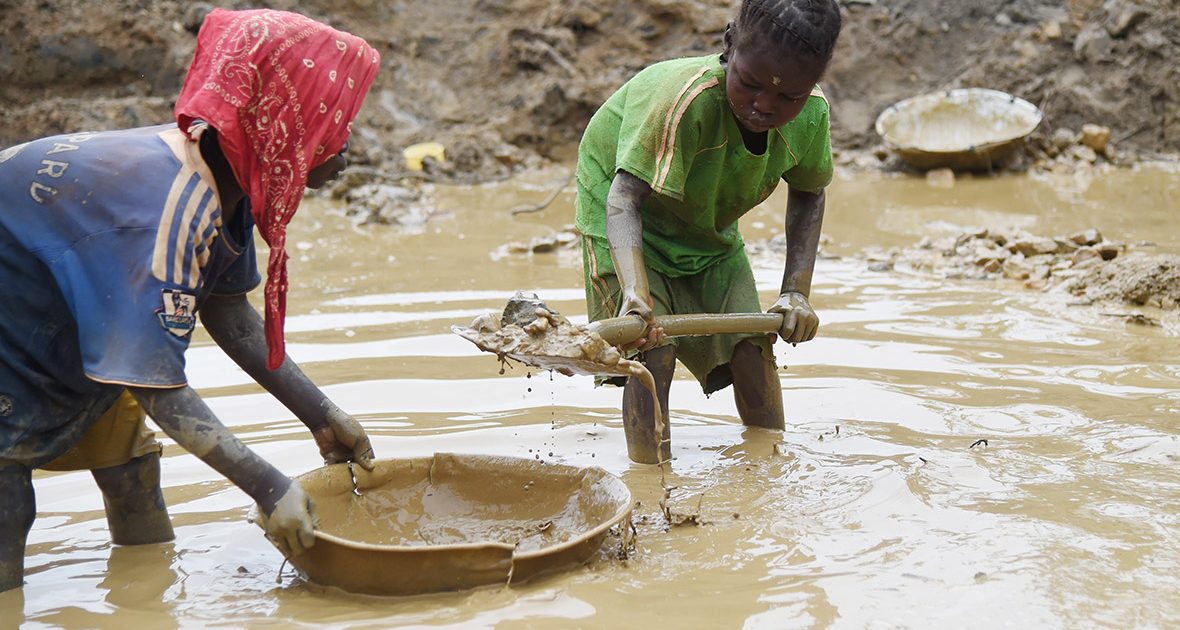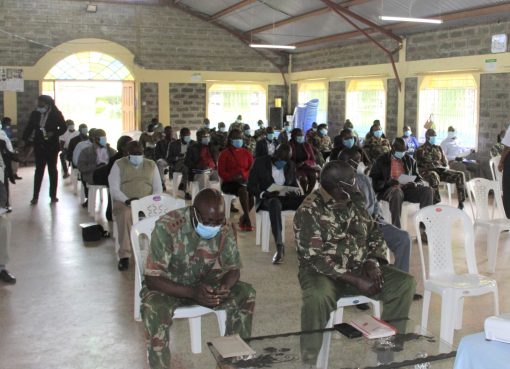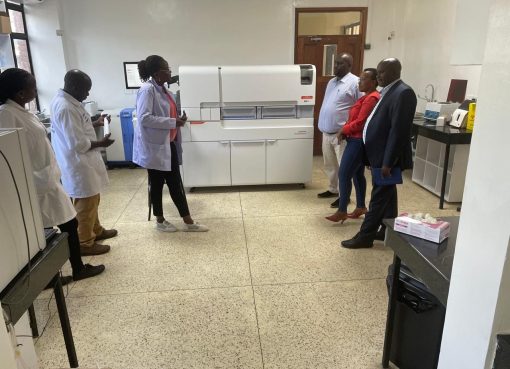Organizations working to rescue children from abuses such as battering, sexual exploitation, female genital mutilation (FGM), drugs and child labour, just to mention a few, are finding that freeing them from the vices is only part of the battle. Ensuring they stay away from the immoral activities completely is another matter.
“All the efforts, for instance, to end sexual exploitation of children will not work unless attention is also paid to the recovery of the victims,” says Mr. Tobias Marwa of Centre for Assault and Recovery (CARE), Migori chapter.
Yet, according to Marwa, not enough programmes have been put in place by the government to help the abused victims overcome the damage done by their tormentors.
Although the Kuria West Sub-County Children’s Officer Mr. James Omondi re-affirms government’s commitment to battling sexual exploitation, early marriages, FGM, drugs and all forms gender based violence against children in Migori and the entire nation, grassroots organizations doubt that the state has given more than mere lip services.
Omondi, in an interview with the Kenya News Agency recently, expressed regret at the ever-rising cases of child rights violations reported in the area and in the country in general, saying many of these cases happen at home or are perpetrated by people well known to the victims.
“Because of the vices’ sharp rise, the government, through the children’s department and other law enforcement agencies plus a number of non-governmental organizations are doing everything possible to end child sexual abuse and help victims recover from trauma,” said the officer.
Many organizations such as CARE and International Organization for Migration (IOM) are a successful testimony in assisting the victims overcome the trauma associated with the abuse, preventing disease and unwanted pregnancies, collecting forensic evidence, providing following up care, referring to evidence, providing follow up care, referring to appropriate care and testifying in court about medical findings.
However, Marwa says that there is a big problem fighting the vices and the dismal success achieved is partly because of the presence of only a handful of professionals in the country with relevant skills in this filed.
“A lot of resources are also needed, yet very little support is coming from the government. The bulk of the responsibility lies on non-governmental organizations, but there is so much they can’t do without adequate resources,” stresses the official.
Critics however aver that the government has shown little interest in ending the plight of the abused children both within and in foreign nations, despite having the political will to assist them.
The disappointment however is that the government only concentrate on other problems related to infringement of child rights by Kenyans in the children’s family and close relatives, yet researchers have shown that history of family abuse influences the way children heal.
“There are so many factors in the recovery and healing of children victims of sexual assaults,” said Ms. Edralin-Tiglao, the executive director of the Women’s Crisis Centre in the Philippines during an International Congress on Child Sexual Abuses in 1998.
As quoted by Philippines leading Magazine, FHM MAGAZINE, she said: “Whether they heal or not, whether they fall back into prostitution depends on their history of abuse. Therapy gets a lot more complicated if they had been abused previously by their fathers, stepfathers, uncles, brothers or men they used to trust.”
But Mr. Brian Weke, a programme manager at CRADLE once emphasised that part of the difficulty in making children heal can be traced to inappropriate handling.
Speaking at one of the many workshops on children’s issues, Weke blamed many professionals who only look at child prostitutes as delinquents who must be rehabilitated. “Yet, in reality, the ones who must be rehabilitated are the abusers. They are not like drug addicts though they are addicted to sex,” he stressed.
Omondi describes the effects of sexual exploitation on children as profound and sometimes permanent. “Normal sexual, physical and emotional development is compromised. Self-esteem and confidence are undermined. And with the risk of contracting the HIV Virus or Aids, sexual abuse threatens the children’s health and even their lives. More often than not, they are also ostracized by their families and communities,” he says.
Omondi emphasizes that support from the children’s family or incidence of addiction to drugs also affects the way the children bounce back to normal life. “It also depends on the environment. Even if she successfully recovers, but if poverty and violence continues to surround her, she will continue to be under pressure and stress,” adds the officer.
In their study, ‘A Right to Happiness; Approaches to the Prevention and Psycho-Social Recovery of Child Victims of Commercial Sexual exploitation’, Jane Warburton and Teresa de la Cruz, identifies several strategies used by NGOs, including counseling, the use of art, theatre and music, play therapy and journal writing and skills development.
But they conclude that many therapy projects are fairly new, and thus have only relatively recent experiences against which to measure and determine outcomes and impact.
They write that although addressing the psycho-social needs of abused children takes time and resources, children have the right to expect services to reduce the consequences of the abuses gone through.
By George Agimba





